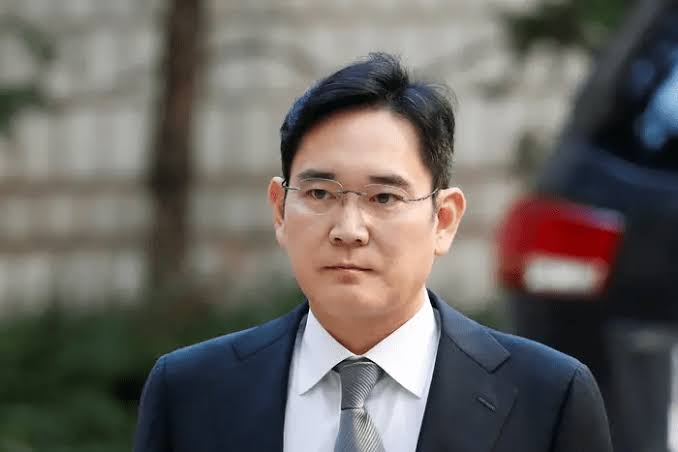South Korea’s Supreme Court has acquitted Samsung Electronics Chairman Lee Jae-yong of fraud charges, ending a decade-long legal saga tied to a controversial 2015 merger.
The ruling, delivered Thursday, upholds two previous not-guilty verdicts and clears Lee of accounting fraud and stock manipulation, allowing him to focus fully on steering Samsung through an increasingly competitive global tech market.
Origin of Lee Jae-yong’s prosecution
Lee, Samsung’s de facto leader since 2014 and grandson of the conglomerate’s founder, faced prosecution over the 2015 merger between Samsung C&T and Cheil Industries.
Prosecutors alleged that Lee and his aides artificially inflated the value of Samsung Biologics, a Cheil subsidiary, by over 4 trillion won ($2.88 billion).
This, they argued, strengthened Lee’s control over Samsung at the expense of shareholders.
The merger was seen as a strategic move to consolidate Lee’s leadership after his father, Lee Kun-hee, fell into a coma in 2014 and later died in 2020.
Although Lee was charged with accounting fraud, breach of trust, and stock manipulation, both the Seoul Central District Court in February 2024 and the Seoul High Court later that year cleared him of all 19 charges.
The prosecution’s final appeal was dismissed this week by the Supreme Court.
In a statement, Samsung’s legal team welcomed the verdict:
“Today, the Supreme Court has clearly confirmed that the merger of Samsung C&T and the accounting treatment of Samsung Biologics were lawful.”
Chaebols under dcrutiny
Lee’s case has captivated South Korea, where powerful, family-run conglomerates, known as chaebols, dominate the economy.
Samsung, the world’s largest producer of memory chips and smartphones, remains central to the country’s industrial engine.
However, chaebols have long drawn criticism over corporate governance and undue influence.
Lee’s trials became emblematic of broader public concern over corporate ethics and transparency.
Lee’s previous legal battles
This is not Lee’s first legal challenge. In 2017, he was convicted of bribing a close associate of then-President Park Geun-hye in a separate case.
He served 18 months in prison before receiving a presidential pardon in 2021, with the government citing his role in South Korea’s post-pandemic economic recovery.
Focus Shifts to Business Challenges
With the court battle behind him, Lee is expected to take a more hands-on leadership role.
Samsung is under pressure to regain its edge in the semiconductor and smartphone markets, particularly in the race to develop advanced AI chips.
Domestic rival SK Hynix has made significant strides, and global competitors like Apple and TSMC continue to challenge Samsung’s dominance.











